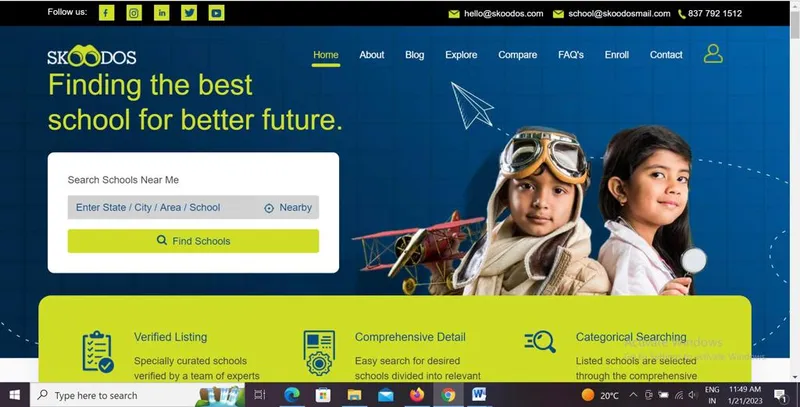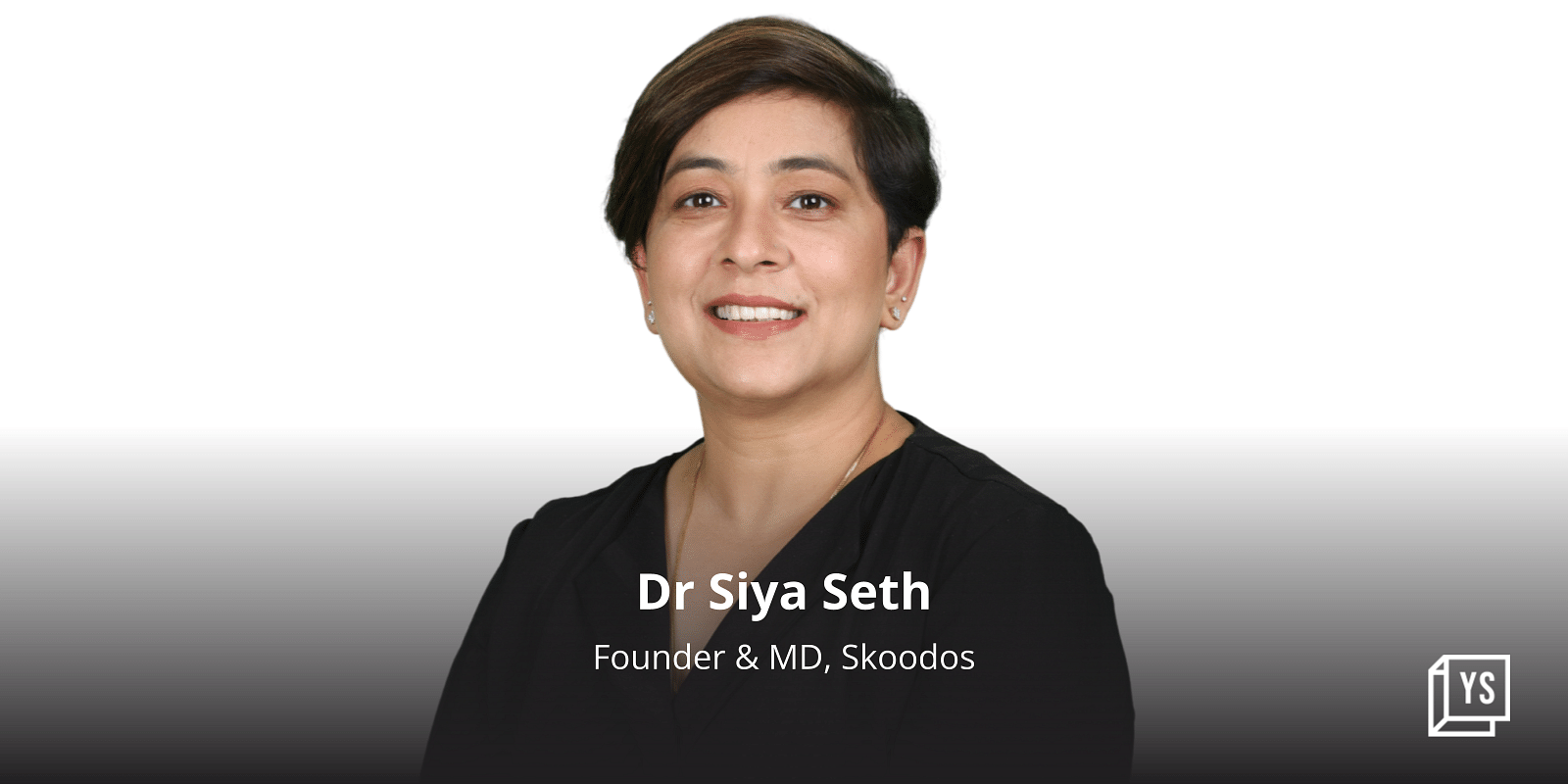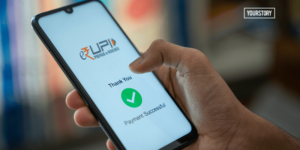In early 2020, Dr Siya Seth was looking for a school with an International Baccalaureate curriculum and a professional cricket academy for her 16-year-old son. She had been researching for over four months without much success.
The information she was seeking was scattered all over the internet and not organised. Besides, there was no platform to verify the details. She was also unable to compare the schools, so that she could narrow down the options best suited for her son.
According to , a platform for school admissions and events, there are over 15 lakh schools in India and many more that are not officially registered. So, finding the right school is a big challenge.
Inception of Skoodos
Dr Siya realised there was a huge information/dissemination gap and decided to do something about it. This led to the inception of Skoodos, which was officially launched in April 2020, under the parent company Spherion Solution Private Limited.
Skoodos is a school search aggregator designed to allow parents and children to search for private schools based on preferred parameters and criteria and compare information about schools.
The platform helps streamline the decision-making process for parents and also gives schools an equal and fair chance to showcase their strengths to their audience, says Dr Siya, Founder and MD, Skoodos.
“The information we provide through our platform is verified and serves the purpose of a school search engine platform,” she says. “You can find a restaurant, a house, and everything within a few clicks; why not schools?”
Skoodos seeks to help parents compare, shortlist, and select schools without even visiting them in person.
‘School dhoondo’ is Dr Siya’s motto, which explains the platform’s name—juxtaposing the two words (school and dhoondo) and shortening them to form ‘Skoodos’.
“Our iconic element in the logo is a pair of binoculars, indicating that we can assist you in finding the best school for your child’s needs,” says Dr Siya, who has 20 years of work experience in the areas of skill development and women’s empowerment.
Prior to Skoodos, she had executed projects for the social sector with United Nations Development Programme, World Bank, and National Skill Development Corporation, in India and Kenya.
Finding the right school
Skoodos integrates information and user ratings of different schools and presents them in a microsite format. It also has a school-finding feature.
The platform allows parents to compare schools based on over 40 criteria, such as school ranking, rating, year of establishment, education board, method of functioning (virtual or physical), category of school (special school/mainstream school), type of school (boarding, dayboarding, etc.), teachers and staff, subjects, facilities, infrastructure, extracurricular activities, fee structure, location and commute.
Information on student-teacher ratio and average class strength is also provided on the platform.
The microsite is easy to understand and provides comprehensive information, says Dr Siya.

The Skoodos platform
Users can view the information on the Skoodos website or mobile app. In case users need help, they can contact the backend team and a representative is assigned to their query.
The platform’s system is powered by artificial intelligence to provide the “ideal” match for users.
“We were highly determined that the method of choosing a school should be based on what a child needs and wants,” says the Skoodos founder.
Verification process
To register on the Skoodos platform, schools have to share detailed information about themselves. After this, the information is verified by an in-house team, comprising former teachers and tech-savvy people.
The verification process requires the following details: school location, teacher’s background, results of the last three years, scores of the top six students in Grade 11 and 12 (for K-12 schools), years of establishment, achievements, etc.
“We also connect with the HODs of the schools to gather and verify the information. Once our verification team approves the information, our microsite process begins to ensure that the school’s web portfolio follows our guidelines,” elaborates Dr Siya.
Business model
Skoodos has partnered with private schools from all boards and curricula (state, CBSE, ICSE, IB, CISCE, NIOS, CIE, matriculation, Montessori) and classes (preschool to Grade 12) Government-aided schools are not present on the platform at present, as that requires permission and authorisation from government bodies at various levels for the verification process.
To date, Skoodos has partnered with about 14,000 schools in 742 cities across the country. It primarily operates in Maharashtra (1,672 schools), Tamil Nadu (627), Delhi (588), West Bengal (586), Karnataka (544), Telangana (249), and Gujarat (553).
“Our aim is to have every school in the nation enlisted in giving parents and students all the options they need to find the right one,” asserts Dr Siya. “Our focus is also on making sure the schools get the best visibility according to the facilities they offer.”
Skoodos charges schools a yearly subscription fee; it doesn’t charge the end users. Subscription charges range from Rs 999 to Rs 50,000, depending on the kind of information schools want to display.
The bootstrapped company was founded with an investment of Rs 4.8 crore from personal savings and a loan. In India, Skoodos competes with , an admissions consulting company, and , a school discovery platform.
The startup has a team of 75 employees.
Growth and future
Skoodos clocked a net revenue of Rs 11 crore and a net profit of Rs 29 lakh in FY21-22. It aims to register a net revenue of Rs 20 crore and a net profit of Rs 38 lakh in FY22-23.
The platform has over two million users and it hopes to reach over 25 million by FY23. It has also set itself an ambitious target of onboarding 1.5 lakh schools in the next three months through various marketing, online and offline activities.
The startup plans to open offices in Bengaluru and Kolkata soon and also expand outside India—to UK, Canada and UAE in three years.










